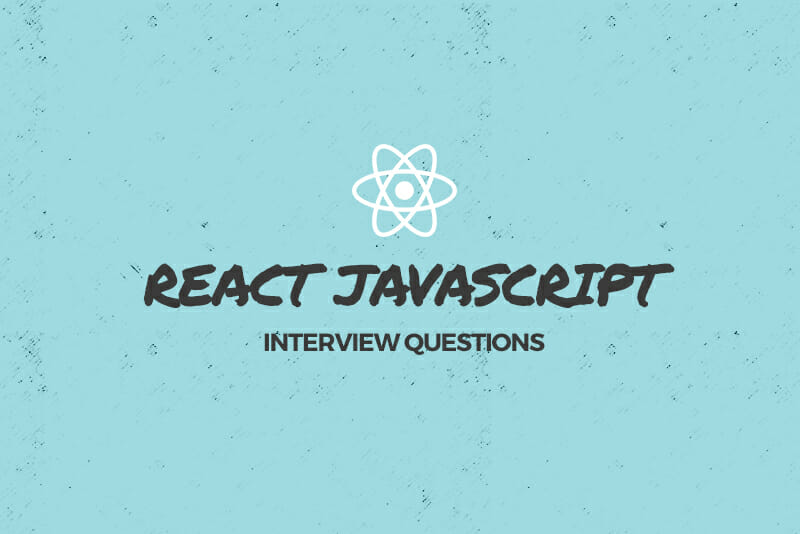Home » Tech Jobs Database » DevOps Engineer
DevOps Engineer
Also goes by: Site Reliability Engineer, Release Engineer, Linux System Administrator, DevOps Architect, Build Engineer, Linux Engineer, Cloud Consultant, Linux System Engineer,
How much will I make?
Salaries can range by location and years of experience, but these are averages for the US.
$128,464.00
according to Salary.com
Will I get a job?
Projected job growth is 40% for the period 2020-2030 in the US, according to the U.S. Bureau of Labor Statistics.
42,105
Total Openings
according to comptia.org
Who will I work for?
- Tech Companies
- Software Companies
- E-commerce Companies
- Consulting Firms
DevOps Engineer’s Daily Activities
No DevOps Engineer works alone! DevOps Engineers spend their days collaborating with designers, other developers, and product or project managers to bring applications to life. Below you will get a sense for what a day-in-the-life of a DevOps Engineer could be:
Collaborate With Your Team Members to Build applications
DevOps Engineers work hand-in-hand with their team members to create applications. In order to do this, you’ll need to have an understanding of a wide variety of skills including Python, Command Line, Cloud Platforms. Collaboration can take many forms, including planning and strategy meetings, design brainstorms, reviews, and pairing.
Code Your application
Much of a DevOps Engineer’s day is spent coding. In practice this means having a development environment set up on one’s computer that allows you to track your progress as you go.
Test Your application
One of the joys of working as a DevOps Engineer is that applications are ALWAYS breaking! As a DevOps Engineer one of your core duties is testing your applications for bugs and errors and working to fix them
DevOps Engineer
It’s absolutely possible to become a DevOps Engineer even if you have no prior experience in tech and no degree. In fact, a career as a DevOps Engineer is one of the best entry level jobs in tech. Read on to learn how to do it!
Learn The Required Skills
First things first, in order to become a DevOps Engineer you have to learn the required tech skills!
Python
Python is a general-purpose coding language—which means it can be used for other types of programming and software development besides web development.
Read MoreCommand Line
The command line is the opposite of using something like OS X or Windows; no mouse, no icons, nothing but text. It’s a way for you to type commands to your computer and it’s used for all types of things in programming.
Read MoreCloud Platforms
Cloud platforms refer to online services that provide scalable computing resources, storage, and services over the internet, enabling organizations to deploy, manage, and run applications without the need for on-premises infrastructure. The most commonly used cloud platforms are Amazon Web Services (AWS), Google Cloud, and Microsoft Azure.
Infrastructure as Code (IaC)
Infrastructure as code (IAC) is the practice of managing infrastructure using code. IAC tools, such as Terraform and Cloudformation, make it possible to create, deploy, and manage infrastructure using code.
Containerization
Containerization is a technology that allows you to package your application and its dependencies into a single container image. Containerization is a popular choice for deploying web applications, microservices, and other distributed applications. Popular tools include Docker and Kubernetes.
Orchestration
Orchestration refers to coordinating and automating various components or services in a system to achieve a specific workflow or task.
CI/CD
CI/CD is a software development practice that automates the process of building, testing, and deploying code. There are a number of CI/CD tools available, such as Jenkins, CircleCI, and Travis CI.
Git
Git is a distributed version control system that tracks changes in source code during software development, facilitating collaboration among developers and enabling code management across different versions.
Read MoreMonitoring and alerting tools
Involves continuously observing systems and applications, detecting anomalies, and sending alerts to address potential issues and ensure optimal performance.
Network Configuration
Network configuration involves setting up and adjusting network settings, such as IP addresses, DNS, and gateways, to enable communication between devices effectively.
Cyber Security
Cybersecurity focuses on protecting computer systems, networks, and data from unauthorized access, attacks, and damage, involving practices and technologies aimed at maintaining the confidentiality, integrity, and availability of digital assets.
Version Control
Version control is the management of changes to documents, source code, or other files, allowing multiple users to collaborate and track revisions, facilitating teamwork and preventing conflicts.
Read MoreBuild A Portfolio
The best way to demonstrate that you have the necessary skills—especially when you have no prior experience—is with a portfolio of professional quality coding samples.
Check out these blog posts for more:
Apply For Tech Jobs
Once you’ve learned all the required technical skills and built a killer portfolio, it’s time to dust off that old resume and LinkedIn profile and hit the pavement, or Internet superhighway as it were, in search of your first job as a Front End Developer!
➡️ Prepare Your Resume, LinkedIn, and Portfolio
Although your most valuable asset as you job search is your portfolio, you do have to cross your t’s and dot your i’s and when it comes to the job search that means optimizing your resume and LinkedIn profile. Tech employers expect you to have all three!
Check out these blog posts for more:
➡️ Build Your Network
Your net worth is in your network, which can be hard when you’re changing careers! But don’t worry, the tech industry is incredibly welcoming to newcomers. Whether you prefer in-person meetups, Slack channels, coffee-over-zoom chats, conferences, hack-a-thons or a little bit of everything, there are tons of opportunities for you to meet fellow techies.
Check out these blog posts for more:
➡️ Find Good Jobs To Apply For
A good job can be hard to find—or is it? The good news about tech is that there are so many openings at so many diverse companies that your biggest challenge will most likely be keeping up with all the opportunities!
Check out these blog posts for more:
➡️ Practice Interviewing
Whether you’re a season pro, or brand new to the tech industry: interviewing for a new job is tough! Add to that technical interviews…and you’ve got a recipe for heartburn, practically guaranteed. Luckily there’s an antacid on the market that works every time: practice. Read on for expert guidance on how to prepare for your next tech job interview.
Check out these blog posts for more:
➡️ Prepare for Technical Tests
Ah the dreaded technical test! Technical tests can come in many different forms: whiteboard tests, pair programming tests, take-home tests, algorithmic tests…just to name a few. Luckily, getting good at technical tests is a skill, just like anything else, and it’s one you can absolutely practice ahead of time.
Check out these blog posts for more:
You Might Also Be Interested In Learning About:
Back End Development
Back-end developers deal with the server-side of applications, including databases, server logic, APIs, and more. Common languages used are Python, Ruby, Java, .NET, Node.js, and others.
Learn MoreSystems Development
Systems developers work on system-level software, kernels, and network protocols among others.
Learn More
Want more options?


















